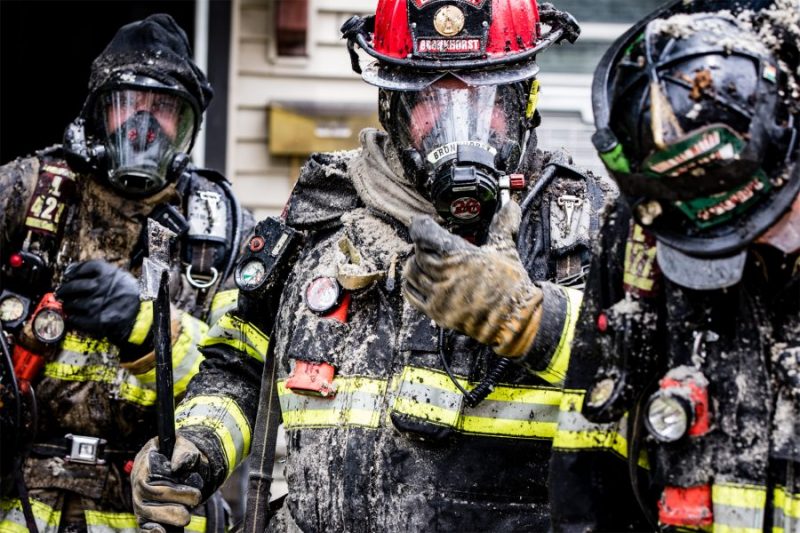Working in the fire service comes with its share of unique challenges. For some, these challenges can culminate in mental health and substance use disorders. Whether you’re grappling with the daily stress of the job or facing more internal struggles, it can be easy to feel like you’re alone in dark times. However, even in your most isolated moments, other brothers and sisters are coping with similar issues. That’s why the IAFF developed a peer support and training program.
IAFF trained peer supporters to help fire fighters and paramedics in four key ways:
1. Dispel Stigma
Despite efforts to overcome stigmas associated with mental health problems, many fire fighters and paramedics struggling with these issues still feel a great deal of shame. If you’re fighting anxiety, depression, post-traumatic stress disorder (PTSD) or addiction, you may think your condition is a sign of weakness. You might think that if you were stronger, tougher and more level-headed you wouldn’t be struggling. But this couldn’t be further from the truth.
When you’re feeling bad, it can be difficult not to internalize your struggle and blame yourself for not getting better. With the help of peer support, you can gradually come to terms with your mental health or substance use disorder, and recognize the factors that contributed to your condition.
Your work puts you under a great deal of stress. If you already have a genetic predisposition to mental health or substance use disorders, the pressures of the job can easily push you over the edge. Even if you don’t have a family history of these conditions, traumatic experiences can cause anyone to develop mental health conditions. Coming together through peer support helps IAFF members explore these feelings and normalizes the struggles that they face.

2. Create Community and Camaraderie
Outside of a peer support setting, it can be difficult to start conversations about mental health challenges. But through the semi-structured space that peer support offers, you can open up about your struggles and, in turn, your brothers and sisters can open up to you. When you know you aren’t alone, or that you have someone to talk to about your troubles who understand, the problems can be more manageable. This safe, non-judgemental space to express feelings and explore experiences can be healing, and help you foster closer relationships that may offer the key to survival on and off the job.
3. Provide Perspective
In the aftermath of tough calls, difficult days or traumatic experiences, you may think you’ll never feel normal again. However, even the most horrific experience can be a springboard for growth. If you share your feelings with peer supporters, you’ll likely be met by brothers and sisters who’ve been where you are and have come out on the other side of difficult situations. Learning how others have coped may provide motivation or help guide your own healing process.
4. Direct IAFF Members to Treatment Options
If you’re struggling with a mental health condition or addiction on your own, it can be difficult to know when or where to seek professional help. With the counsel of peer support members, you can more accurately assess the severity of your condition and be directed to professional resources if necessary. Peer support team members can help you recognize options you may not know existed, including treatment at the IAFF Center of Excellence.
Support groups are a crucial source of support and comfort for countless IAFF members. But sometimes, you need comprehensive, individualized care to overcome serious mental health and substance use disorders. If you’re struggling with a behavioral health condition, the IAFF Center of Excellence can help. The Center was designed by fire fighters, for fire fighters, and has already helped hundreds of men and women find hope and healing. Reach out to a representative today for more information, or to get started.




